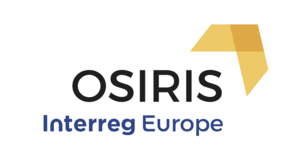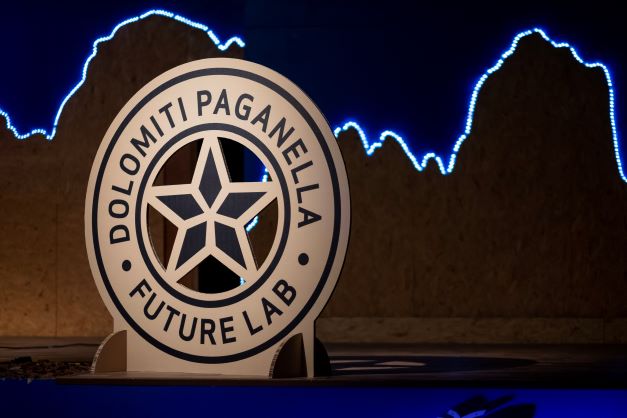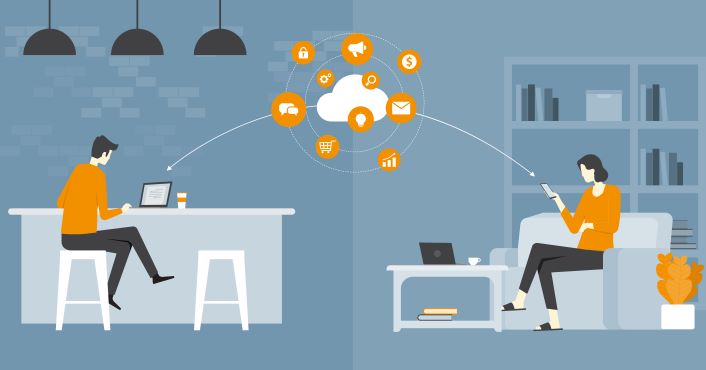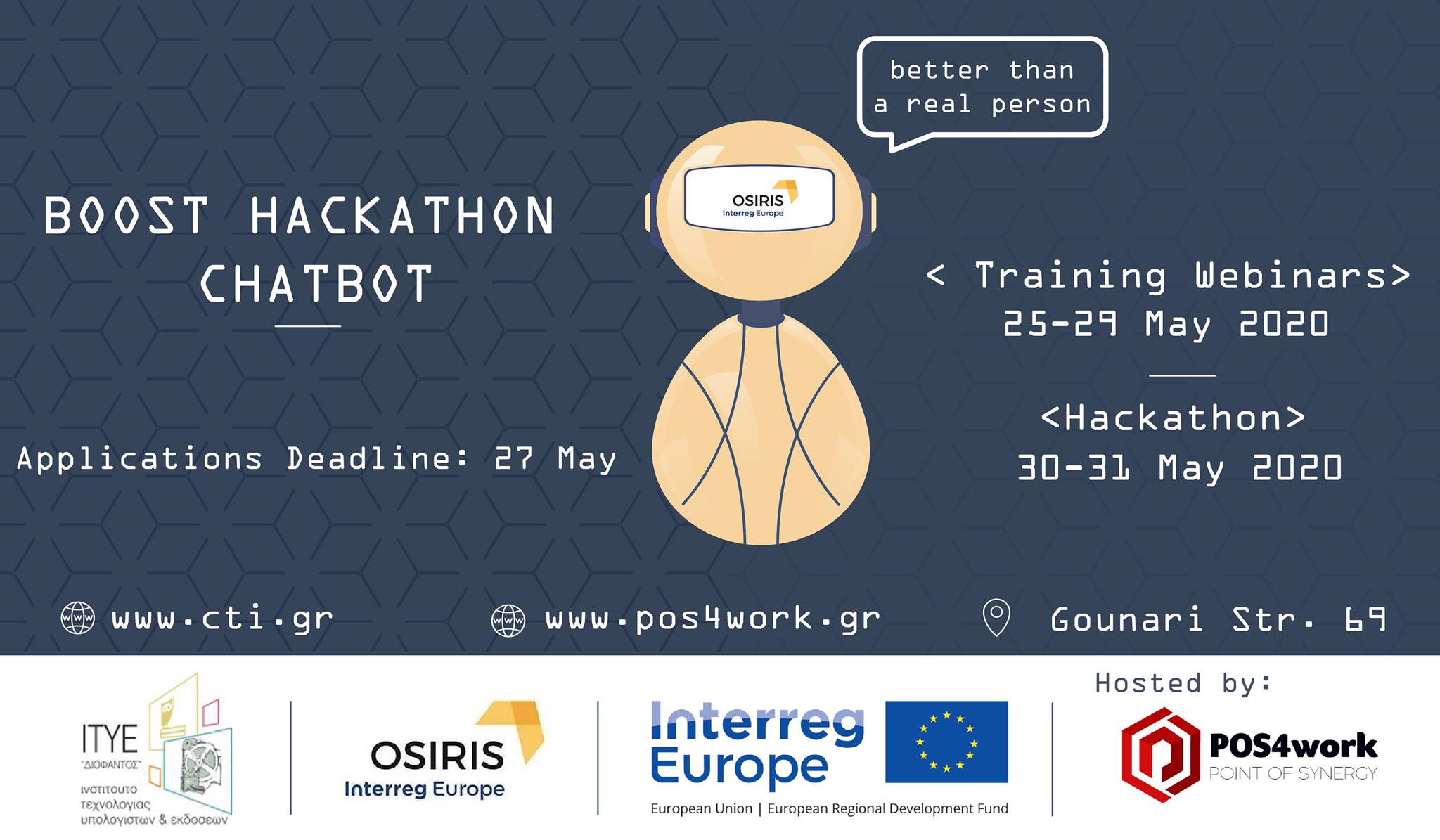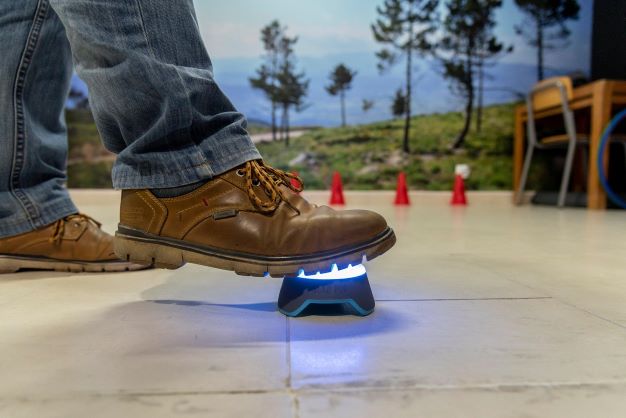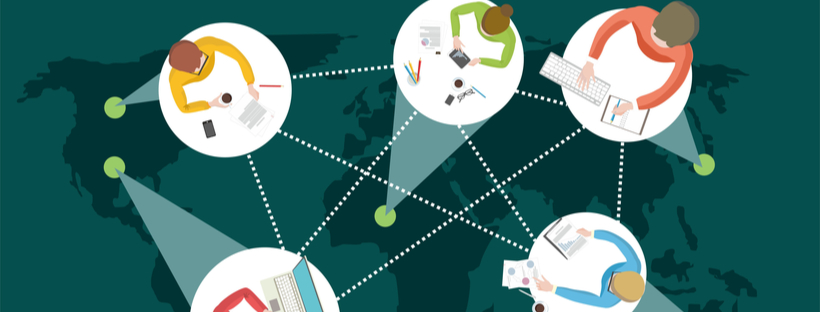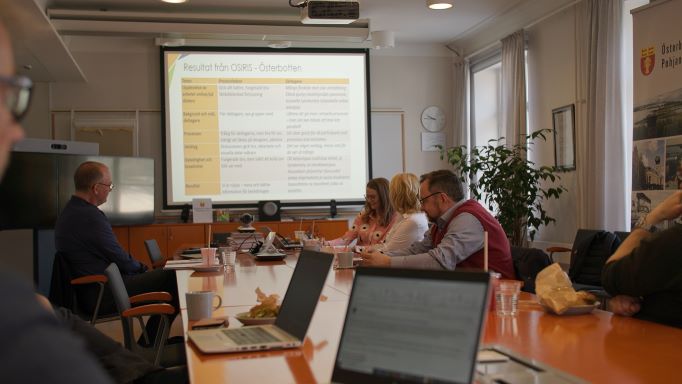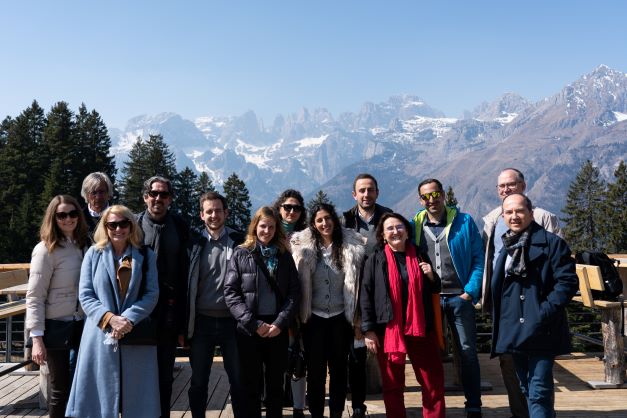Good practice from the Municipality of Fundao: Memo_Move Cognitive Stimulation and Physical Exercise Programme
"Ageing is a stage in the individual's life marked by intense loss and role change. It requires a personal, emotional, and social effort from the elderly to cope with the losses and the constant change of roles associated with it. Issues such as the loss of the worker status, retirement, widowhood, separation from children, among other socially relevant issues, arise. The preconceived idea that old age corresponds to the end of working activity carries, in itself, a negative vision of decline and loss of personal skills. Therefore, the elderly population reflects the increasing challenges in reorganizing their daily lives and engaging in old age in a positive way (Teixeira, 2010)".
The current times, surrounded by uncertainties challenges the need to make decisions, that are right and able to provide and manage the new and divergent demands of society. No less important was the need to understand to what extent the emergence of SARS-CoV-2 further challenged the usual - albeit changing - theoretical frameworks for analyzing the emergence, scheduling, formulation, implementation, and evaluation of social interventions. With the pandemic, the number of people diagnosed with mental health problems also increased.
Faced with realities such as the support structures’ inefficiency, the absence of proximity and intervention services, the non-existence of effective solutions focused on prevention and intervention, the intense losses in different aspects of life, the consequent decrease of family and social relationships and the expectable condition of emotional instability, demands from society an attention formerly diverted towards material accomplishment and satisfaction phenomena. Contemporary society has led to the denuding of an apparent social balance and of "satisfaction" and to increasing situations of isolation, social exclusion, vulnerability, abandonment and dependence, as well as situations of cognitive, physical and emotional deterioration, with the consequent emergence of pathologies such as dementia, depression, Alzheimer's and Parkinson's, among others.
Memo_Move - Cognitive Stimulation and Physical Exercise Centre was born out of the urgent need to find answers to these problems. It is aimed at people over 65 and based on a multidimensional and integrated prevention and intervention program, carried out by a specialized team working in three relational dimensions: physical, mental, and emotional health. Although Memo_Move it is still taking its first steps, it is clear that we are facing an efficient and innovative solution to the resolution of these social problems. This innovative project involves partners such as the Municipality of Fundão, TEIA (Time, Education, Integration, Action), the University of Beira Interior and the Hospital of São João, in Oporto.
In terms of mental health, we present a program where cognitive stimulation activities are carried out, using a cognitive training program with online supervision, using the "Cogweb" and "Brain on Track" platforms. Exercises are performed to stimulate attention, memory, language, orientation, calculation, and reasoning. Through these platforms, it is possible to implement cognitive training differentiated in intensity and specifically aimed at the needs presented by each user.
Regarding physical health, physical exercise programs are implemented and then complemented with cognitive stimulation tasks (Dual-Task concept). Circuits were built where users work on physical capacities such as resistance, balance, strength and flexibility. At a later stage and in the dynamic "Dual-Task", cognitive capacities such as memory, attention, executive functions, and calculation are stimulated. As a complement , some exergames are used to stimulate the physical and cognitive component.
Exergames - video games that use physical interaction devices with the user, have several advantages and lots of benefits already demonstrated in their use in other platforms. Exergames are facilitators of physical activity, proving to have a positive impact on some depressive symptoms, an increase in the quality of life associated with mental health and impact on the enhancement of various cognitive skills, such as executive functions, attention, visual processing or reaction time. All the aspects mentioned above are considered fundamental for physical and cognitive well-being of any individual.
We strongly believe that investing in the promotion of the general well-being of the elderly population is not only a moral obligation, but also becomes imperative in responding to a clear lack of public health policies. The future depends on our adaptation and resilience capacity, and on a change based on the "Sustainable Development Goals" and, above all, inclusion. Currently, Play Memo_Move has an average daily participation of 60 spontaneous users.
